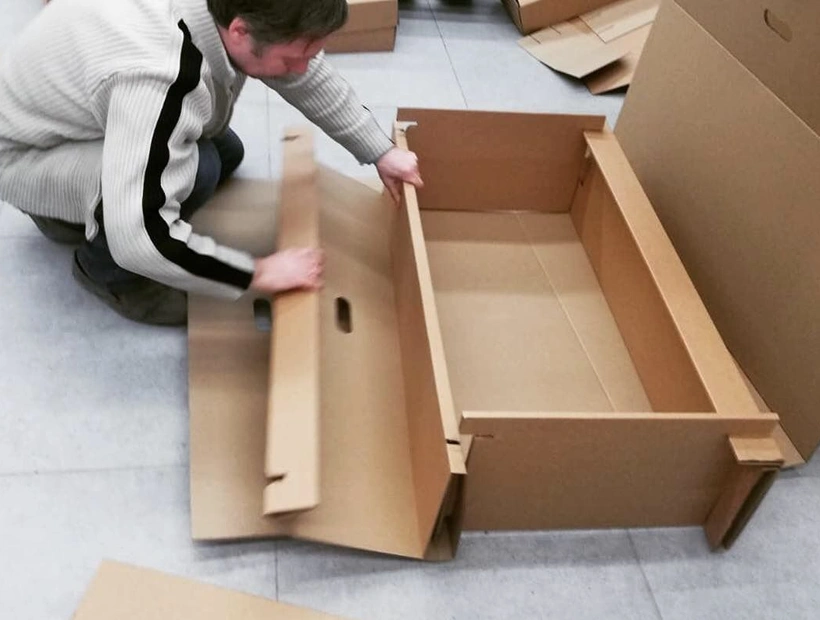In recent times, we have witnessed the development of packaging manufacturing, and other sustainable practices receive a lot of spotlight more than ever, and this has resulted in the consumers getting more familiar with certain symbols associated with packaging.
The problem however remains, many people do not really know what these symbols are called, nor what they stand for. Read on, as you will find the packaging symbols explained in this article, we will introduce you to the unfamiliar names of these very familiar symbols.
What Is Sustainable Packaging?
Sustainable packaging, often called Green Packaging, involves the development of packaging solutions that have minimal effects on the ecosystem. It is the utilization of biodegradable, reusable, and recyclable materials.
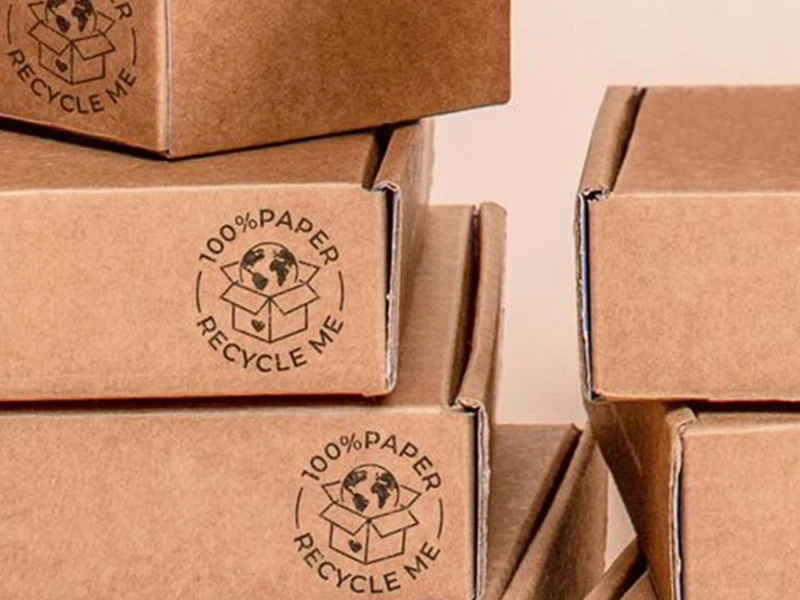
Indepthly, the essence of sustainable packaging is to improve the standard of living for humans and slow down the destruction of the ecosystem. We see this in the reduction of production/consumer waste due to the use of recyclable and biodegradable materials.
Sustainable packaging also improves the standard of living by creating more jobs in the recycling and composting sectors, while allowing safer working conditions for the labor force.
Furthermore, sustainability plays an unquestionable role in the reduction of carbon emission. Companies that embrace sustainable packaging lower their greenhouse gas emission.
The Mobius Loop
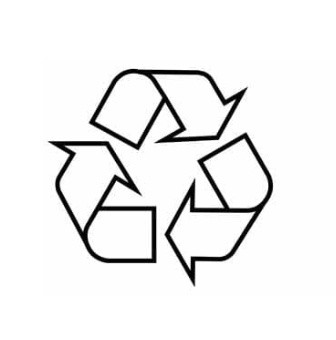
The Mobius loop is the most popular sustainable packaging symbol. It represents the recyclability of the packaging it is displayed on.
This logo is characterized by three curved arrows, appearing to be chasing each other in the shape of a triangle with round vertices. What this classic symbol indicates is that the item can be recycled (however, not necessarily was recycled).
Applicable Materials
- Paperboard
- Corrugated cardboard
- Bioplastics
- Metal cans
Regulatory Body
- International Organization for Standardization (ISO)
- United States Environmental Protection Agency (EPA)
- Federal Trade Commission (FTC) – US
- European Union (EU)
Region
- Worldwide
Mobius Loop (with percentage)
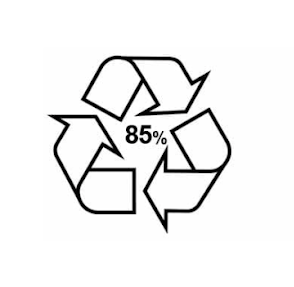
In some instances, you might see the Mobius loop, but this time, with a percentage indicator inside of it. What does the Mobius loop with percentage represent?
When you see a Mobius loop with a percentage, it means the packaging is recyclable, and further goes on to indicate the percentage of the material that is recyclable, or percentage made from recycled materials.
Like the classic Mobius loop, this symbol on an item does not confirm that it was recycled, or that it was made from recycled materials, only that it is recyclable.
Applicable Materials
- Paperboard
- Corrugated cardboard
- Plastic
- Carton and boxes
Regulatory Body
- International Organization for Standardization (ISO 1421:2016)
- European Union (EU)
- Competition Bureau – Canada
- Federal Trade Commission (FTC) – US
Region
- Worldwide
The Green Dot
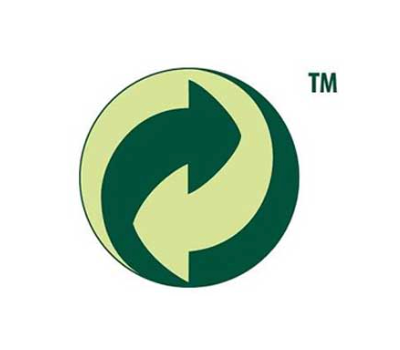
The Green Dot is a trademarked symbol often used to show the sustainability of a paper or carton packaging. It is a cross-continental standard around Europe that tells consumers of a product that the manufacturer of the packaging paid a fee funding its recycling.
When you see the Green Dot symbol on a product, then the manufacturers have definitely contributed to the financing of a nationally authorized take-back system, which covers the recovery and recycling of materials related to the ones used in making the packaging.
Applicable Materials
- Paper and cardboard
- Plastic
- Metal
- Glass
Regulatory Body
- European Organization for Packaging and the Environment (EUROPEN)
- European Union (Packaging and Packaging Waste Directive)
Region
- European Union (EU) and the European Economic Area (EEA).
FSC
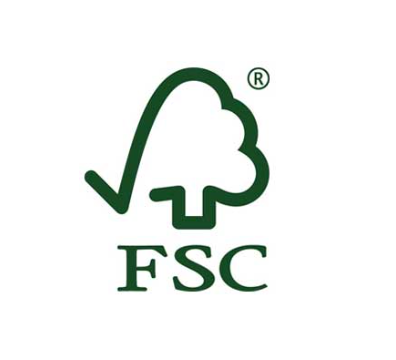
FSC stands for Forest Stewardship Council, and this is the body that certifies the sustainability of a product, as regards to forests.
This symbol is only given to specific products, as proof that the items used are recyclable, and that they were sourced from forests that are well-managed, responsibly grown, the process of harvesting them violates no human rights.
The certification for this symbol is done by the FSC, but the verification is carried out by independent third-party bodies, to confirm that the materials used in making the paper and carton packaging meets the council’s high standards.
Applicable Materials
- Paper
- Cardboard
- Wood
- Tissue
Regulatory Body
- The Forest Stewardship Council (FSC)
Region
- Worldwide
Corrugated Recycles
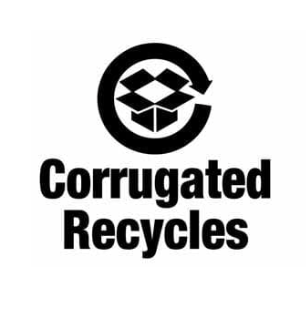
This symbol was introduced by the International Corrugated Case Association to be used all over the world in the promotion of corrugated recycling.
The use of this symbol is very vast, as it is not limited to packaging alone, but even to such things as stationeries and websites. It is used to promote recycling, and also highlight that an item is recyclable.
Note that, this symbol being in an item is not an indicator that the packaging was made from recycled materials, instead, it means that the pack can be reused or recycled.
Applicable Materials:
- Paper
Regulatory Body
- Fibre Box Association (FBA)
- The International Corrugated Packaging Foundation (ICPF)
Region
- United States
- Canada
Compostable / Seedling
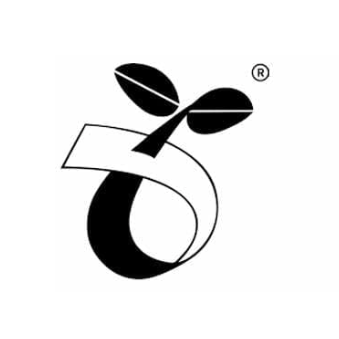
The compostable/seedling logo is a trademark registered by European Bioplastics, and is printed on packaging, to prove that the material used in making the product is industrially compostable. This certification is in accordance with the European standard EN 13432.
Products with this symbol are compostable at industrial composting plants when placed in specific controlled conditions like moisture, temperature, and time frame. This process leaves the compostable material with only water, biomass, and C02.
Applicable Materials:
- Paper
- Cardboard
- Bioplastics
Regulatory Body
- European Bioplastics Association (EUBP)
- European Union
Region
- Europe
- Extends to some parts of North America, Asia, and Australia.
Widely Recycled
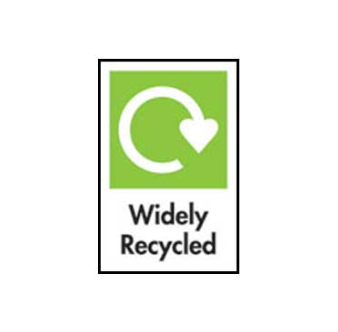
This symbol suggests that a packaging is very commonly recycled, that is, it can be recycled with at least 75% of recyclable item collectors. The Widely Recycled logo is more commonly found on packaging materials such as paper, plastic, metal, etc.
Applicable Materials
- Plastic
- Steel
- Glass
- Paper and Cardboard
- Corrugated Cardboard
Regulatory Body
- On-Pack Recycling Label (OPRL)
- National Packaging Waste Database (NPWD).
Region
- United Kingdom.
RESY
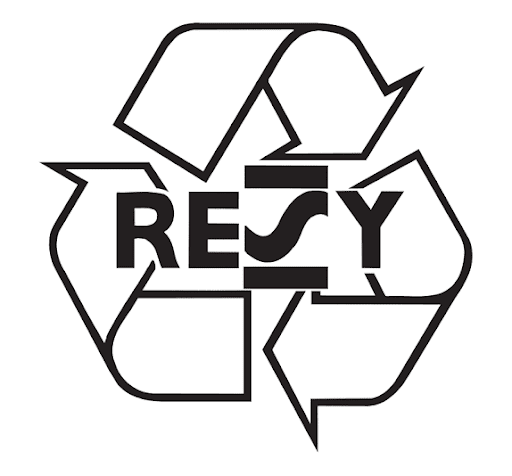
RESY, short for Recycled Systems, is another symbol associated with paper and cardboard packaging. This symbol shows that a packaging can be recycled, and will be accepted by most paper and cardboard recyclers.
Applicable Materials
- Paper and cardboard
- Plastic
- Glass
- Metal
Regulatory Body
- Association of German Paper Manufacturers
- Association of Corrugated Board Manufacturers
- The Reclay Systems GmbH.
Region
- Germany
- Most of Europe.
BPI
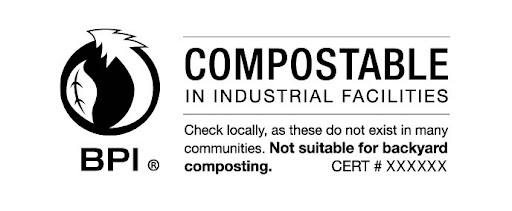
BPI stands for Biodegradable Products Institute, the body responsible for the certification of packaging products as industrially compostable. This symbol on a pack signifies that it must be taken to an industrial centre for proper composting.
Applicable Materials
- Paper and cardboard
- Bioplastics
- Steel
Regulatory Body
- ASTM International
- International Organization for Standardization (ISO)
Region
- North America (US and Canada)
How do you know if packaging is sustainable?
There are several ways to recognize sustainable packaging, if you are not already familiar with them, here are some things to look out for:
- Easily Reusable
Sustainable packaging is manufactured in such quality that after its initial purpose of packaging a particular item, it can still be repurposed for other uses, without even going through a processing plant again. So when you look a
at the quality of a packaging and see that it was designed for continual use and not destruction, then it is sustainable.
- Made from Eco-friendly Materials
Identifying what packaging is made of is one way to know if it is sustainable or not. If paper or cardboard is used in packaging, then it is sustainable, because these are eco-friendly materials.
- Minimal Design
The easiest way to cut waste is by reducing the amount of materials that go into the design of packaging. Packaging does not have to be elaborate or fancy, its main goal is that it fulfills the purpose for which it was produced, and that is the protection of its contents.
- Symbols
At the end of it all, the quickest way to identify sustainable packaging is through the symbols that are printed in it. These symbols, as named in this article, represent the form and levels of sustainability of packaging.
What are the Characteristics of Sustainable Packaging in Daily life?
Sustainable packaging is characterized by several features that make up the majority of its capabilities, these characteristics include:
- Streamlined Colors: this is a visual characteristic of sustainable packaging, which has to do with the presence of modest and eco-friendly color schemes, to minimize ink usage.
- Compactness: sustainable packaging is designed to reduce space and fit into most storage.
- Lightweight: due to minimal material usage, sustainable packaging comes as lightweight, making it easy to move around.
- Compostable: sustainable packaging is made from biodegradable materials that can compost fast and easy.
- Clear Labelling: they come with transparent instructions that are straightforward and clear to read.
Key Takeaway
In the end, we can all agree that sustainable packaging plays a huge role in promoting eco-friendly practices. The recognition of these symbols has a direct impact on the environment, as it helps consumers stay informed on the recyclability of a product. Without any doubt, business owners must endeavor to get their packaging solutions from a certified manufacturer.

